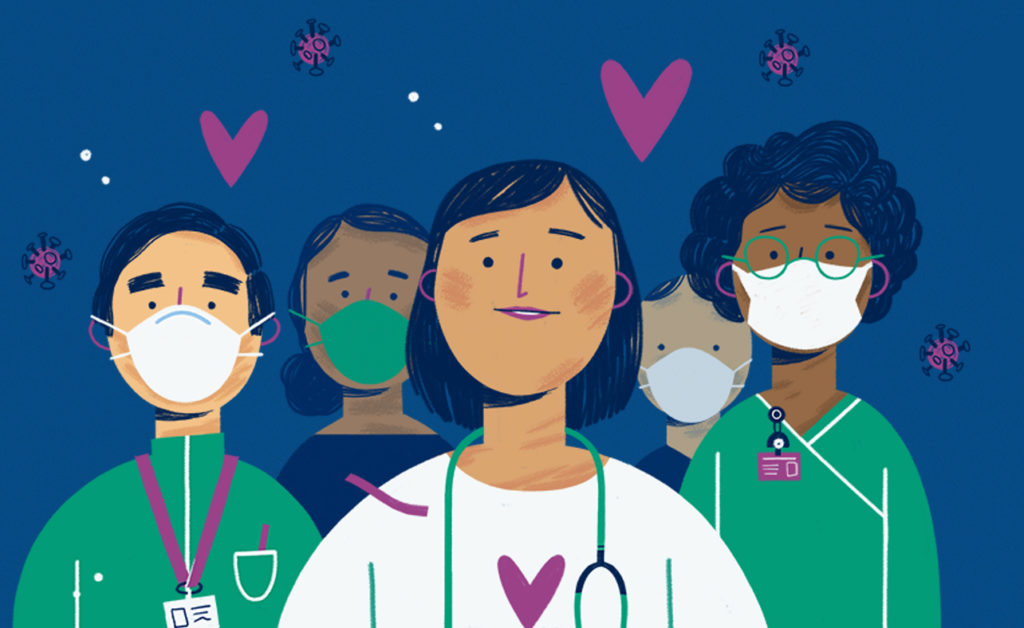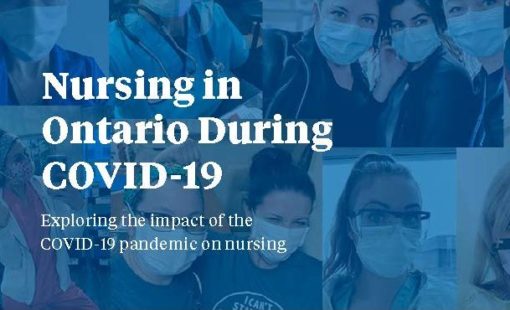In December 2020, the Registered Practical Nurses Association of Ontario (WeRPN) conducted an online survey among 765 nurses across Ontario entitled, “Wellness, Workload and Wages – How RPNs are Personally Coping Amid the Pandemic.”
The comprehensive poll examined the impact of COVID-19 on RPNs in the province. The survey, a first of its kind in Ontario, highlighted realities for nurses both at work and at home and revealed that RPNs are facing a critical breaking point, alarming mental health tolls and financial stresses as a direct result of their job since the pandemic hit in March 2020.
Key findings include:
Separated from family
83 per cent of nurses reported reducing time they spend with their immediate family due to concerns about exposing loved ones to the coronavirus from their work.
Increased workload, reduced wages
90 per cent of nurses said their workload has increased since COVID-19 became a reality, while 57 per cent are experiencing financial stress as a result of the pandemic. In addition, close to a third (32 per cent) of nurses have had to leave a job (pick one job over another) due to necessary, but personally challenging government policies restricting many nurses to one workplace. Incidentally, Ontario’s personal support workers (PSWs) recently received a temporary pay increase by the government for the important work they do. However, this wage increase was not extended to RPNs for their crucial contributions, which in many cases are taking place within the same environments.
Exponentially more stressed, without adequate mental health support
Nearly all respondents (96 per cent) said their daily experiences at work have become exponentially more stressful due to the presence of COVID-19 in the province. Eighty-three per cent feel like their mental health has been adversely affected by their work, but even more alarmingly, 67 per cent say they don’t have adequate mental health support to face the second wave of COVID-19.


